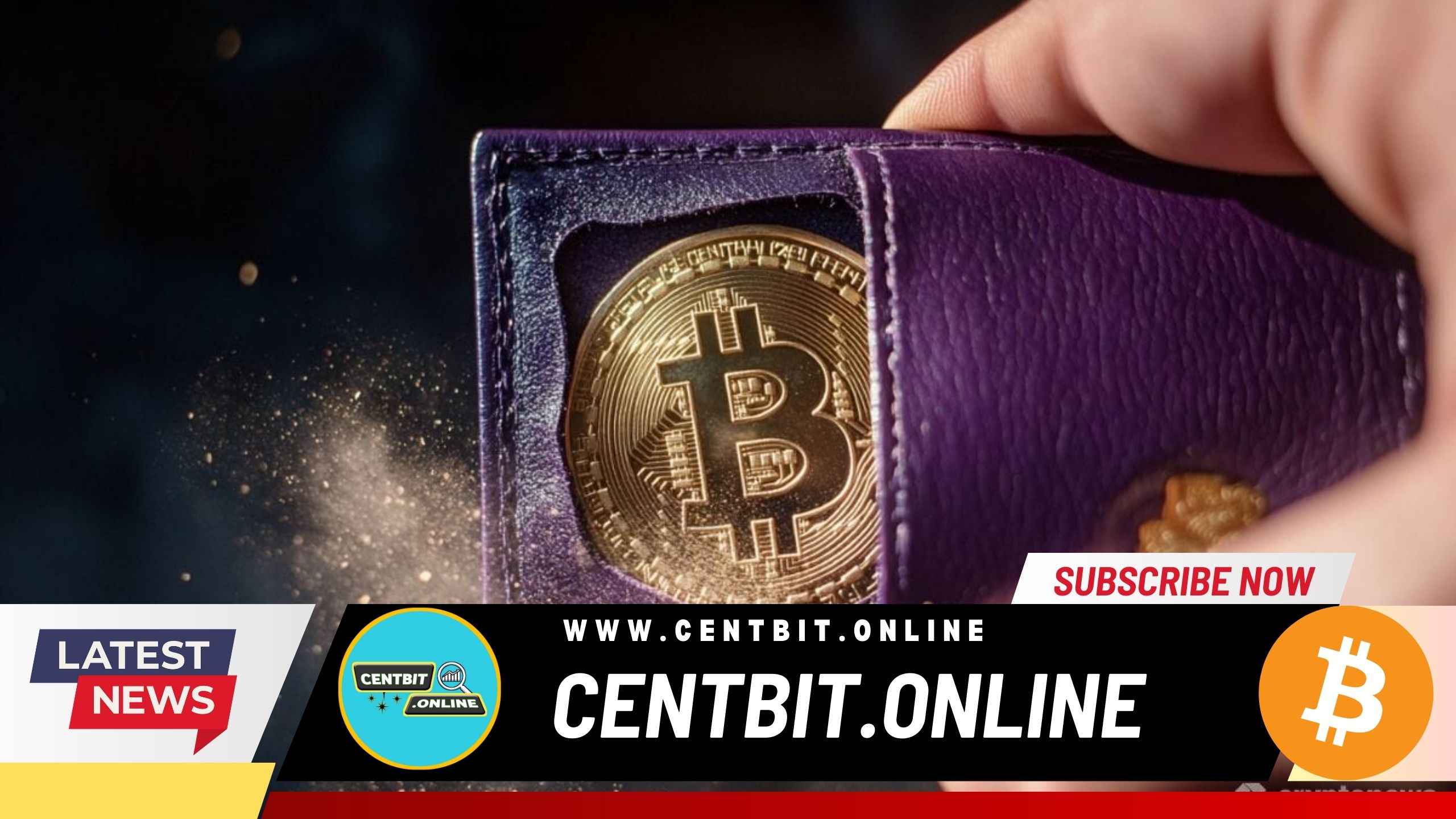South Korean lawmakers are distancing themselves from cryptocurrency ownership, claiming their wallets now contain little more than “crypto dust”—a term used to describe negligible amounts of digital assets. According to Sisa Journal, many prominent lawmakers who previously held crypto have sold off their coins in response to ongoing political scandals tied to digital currencies.
The Fallout from the Coin Gate Scandal
The shift away from crypto ownership among lawmakers is largely attributed to the “Coin Gate” scandal, which involved former lawmaker Kim Nam-guk. As a member of a crypto-related parliamentary commission, Kim was accused of using insider information to trade cryptocurrencies. The scandal prompted further allegations of crypto-related misconduct, with lawmakers accusing each other of secretly holding tokens ahead of the parliamentary elections.
In response to these controversies, South Korean lawmakers and their families are now required to declare their cryptocurrency holdings. To avoid public scrutiny, many have chosen to liquidate their assets, leaving their wallets filled with only small amounts of unusable “crypto dust” and airdropped tokens.
What Is Crypto Dust?
Crypto dust refers to minuscule amounts of digital assets that are too small to be traded, usually left over after larger transactions are completed. These tiny amounts often accumulate when traders sell off the majority of their holdings, leaving behind quantities that fall below the exchange’s minimum trade thresholds.
Out of 300 elected members of the National Assembly, only 36 had declared any cryptocurrency holdings with a monetary value prior to the April 2023 elections. However, the overall value of crypto holdings among all lawmakers was only 0.01% of their total assets—an amount deemed “absolutely insignificant” by media reports.
Many lawmakers who initially declared crypto assets quickly sold them off. For instance, Chun Ha-ram of the New Reform Party revealed that his wife had 11 crypto wallets holding tokens worth only 22,000 won ($16.51). Most of these holdings were small amounts of coins received through airdrops, including EOS and XRP tokens.
Lawmakers Sell Off Their Crypto Holdings
Several lawmakers have gone public with their decisions to sell off substantial amounts of cryptocurrency. Democratic Party lawmaker Kim Jun-hyeok, for example, declared owning 114.2 million won ($85,700) worth of Bitcoin but has since claimed to have sold all his BTC after publicly declaring it. Similarly, Park Chung-kwon of the People’s Power Party reported owning 58.8 million won ($44,128) worth of Solana (SOL), but he also sold his holdings in February 2023.
Scandals Prompt Lawmakers to Abandon Crypto
The ongoing crypto-related scandals have had a clear impact on lawmakers’ attitudes toward cryptocurrency. Reports indicate that many have quickly sold off any tokens they received through airdrops to avoid further scrutiny. Some lawmakers were found to have actively participated in both Bitcoin and altcoin markets in the past, with one member declaring ownership of wallets containing 45 different altcoins, though their total value was a modest $580.
The Coin Gate scandal continues to cast a shadow over South Korean politics. Former lawmaker Kim Nam-guk is set to face trial over allegations that he used cryptocurrencies to hide nearly $7.5 million of his wealth, as prosecutors continue to investigate his involvement in the scandal.
With crypto ownership now a sensitive issue for South Korean lawmakers, many have opted to liquidate their digital assets, leaving behind only trace amounts of crypto dust in their wallets.



